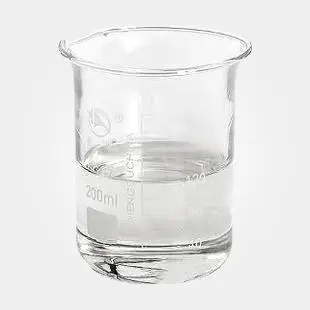In today’s world, where the use of chemicals is becoming more prevalent in our daily lives, understanding the properties and interactions of these chemicals is crucial. In particular, the question of whether or not one can mix isopropanol and acetone has important consequences in numerous applications. In this article, we will delve into the chemical properties of these two substances, explore their interactions, and discuss the potential outcomes of mixing them.
Isopropanol, also known as 2-propanol, is a colorless, hygroscopic liquid with a characteristic odor. It is miscible with water and soluble in many organic solvents. Isopropanol is commonly used as a solvent, a cleaning agent, and in the production of various chemicals. Acetone, on the other hand, is a widely used industrial solvent that is also used as a nail polish remover. It is highly volatile and miscible with many organic solvents.
When isopropanol and acetone are mixed, they form a binary mixture. The chemical interaction between the two substances is minimal as they do not undergo a chemical reaction to form a new compound. Instead, they remain as separate entities in a single phase. This property is attributed to their similar polarities and hydrogen-bonding abilities.
The mixing of isopropanol and acetone has numerous practical applications. For example, in the production of adhesives and sealants, these two substances are often used in combination to create a desired adhesive or sealant property. The mixing can also be used in the cleaning industry to create solvent blends with specific properties for different cleaning tasks.
However, while mixing isopropanol and acetone can produce useful products, it is essential to exercise caution during the process. Isopropanol and acetone have low flash points, making them highly flammable when mixed with air. Therefore, one should ensure proper ventilation and use caution when handling these chemicals to avoid any potential fires or explosions.
In conclusion, mixing isopropanol and acetone does not result in a chemical reaction between the two substances. Instead, they form a binary mixture that maintains their original properties. This mixing has numerous practical applications in various industries, including cleaning, adhesives production, and more. However, due to their flammability, caution must be taken when handling these chemicals to avoid any potential fires or explosions.
Post time: Jan-25-2024





